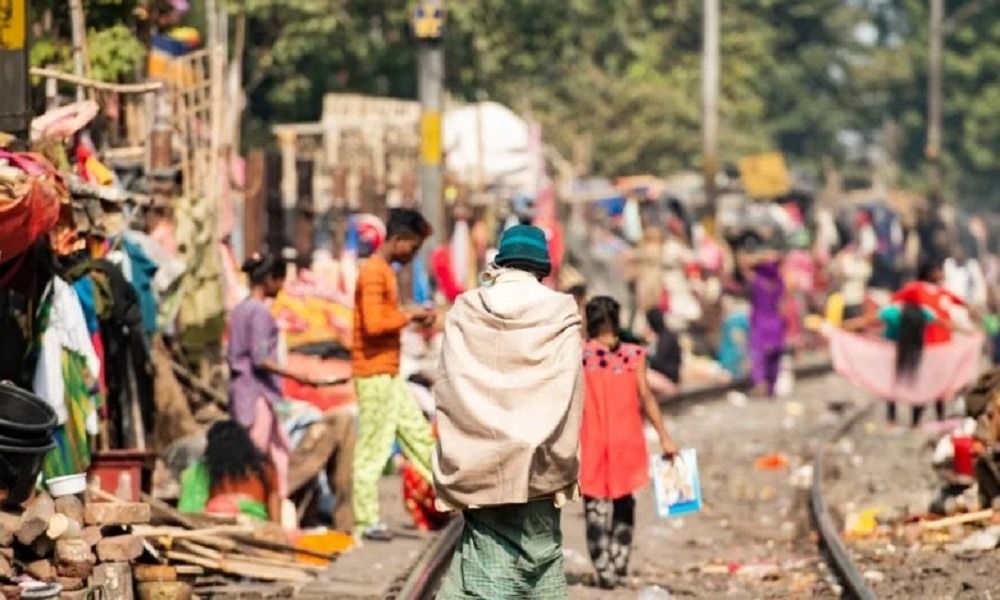Inflation is a phenomenon that affects everyone, but its impact can be particularly harsh on those living in poverty. At Fikrah, where we strive to provide education and healthcare to underprivileged children, understanding the relationship of inflation on poverty is crucial to our mission.
Inflation refers to the general increase in prices of goods and services over time, leading to a decrease in the purchasing power of money. When inflation rises, the cost of living increases, making it harder for low-income families to afford necessities like food, shelter, and healthcare.
This ultimately pushes more people into poverty or exacerbates the conditions of those already struggling.
For families already living on the edge, even a modest increase in the price of essential items can have devastating effects. Imagine a family where the breadwinner earns a fixed income that doesn’t rise with inflation. As prices climb, they find themselves unable to afford the same quantity of groceries, pay rent, or cover medical expenses.
This economic strain can lead to a cycle of debt, reduced access to education, and compromised healthcare, directly impacting the communities Fikrah seeks to support.
Inflation also affects the availability and quality of public services that are crucial for lifting people out of poverty. When prices soar, governments often need more money to allocate adequate resources to education and healthcare programs.
This lack of investment can widen existing disparities, limiting the opportunities available to children from disadvantaged backgrounds.
Furthermore, inflation can contribute to social instability, creating conditions where vulnerable populations are more susceptible to exploitation and exclusion from essential services.
At Fikrah, we recognize that addressing poverty requires a multifaceted approach that includes advocating for policies that mitigate the impact of inflation on the most vulnerable.
To combat the effects of inflation on poverty, Fikrah is committed to implementing sustainable solutions that empower communities. This includes supporting initiatives that enhance financial literacy, promote income-generating activities, and advocate for policies that protect the purchasing power of low-income families.
By equipping communities with the tools to navigate economic challenges, we aim to create lasting change that improves the well-being of underprivileged children and their families.
CONCLUSION:
In conclusion, the impact of inflation on poverty rates underscores the urgency of Fikrah’s mission. By addressing the root causes of economic instability and advocating for equitable policies, we can create a future where every child has access to quality education and healthcare, regardless of economic circumstances.
Together, let’s work towards a world where inflation is not a barrier to opportunity but a challenge we can overcome with compassion and resilience.
Click here to know more about “Poverty and Inflation”

